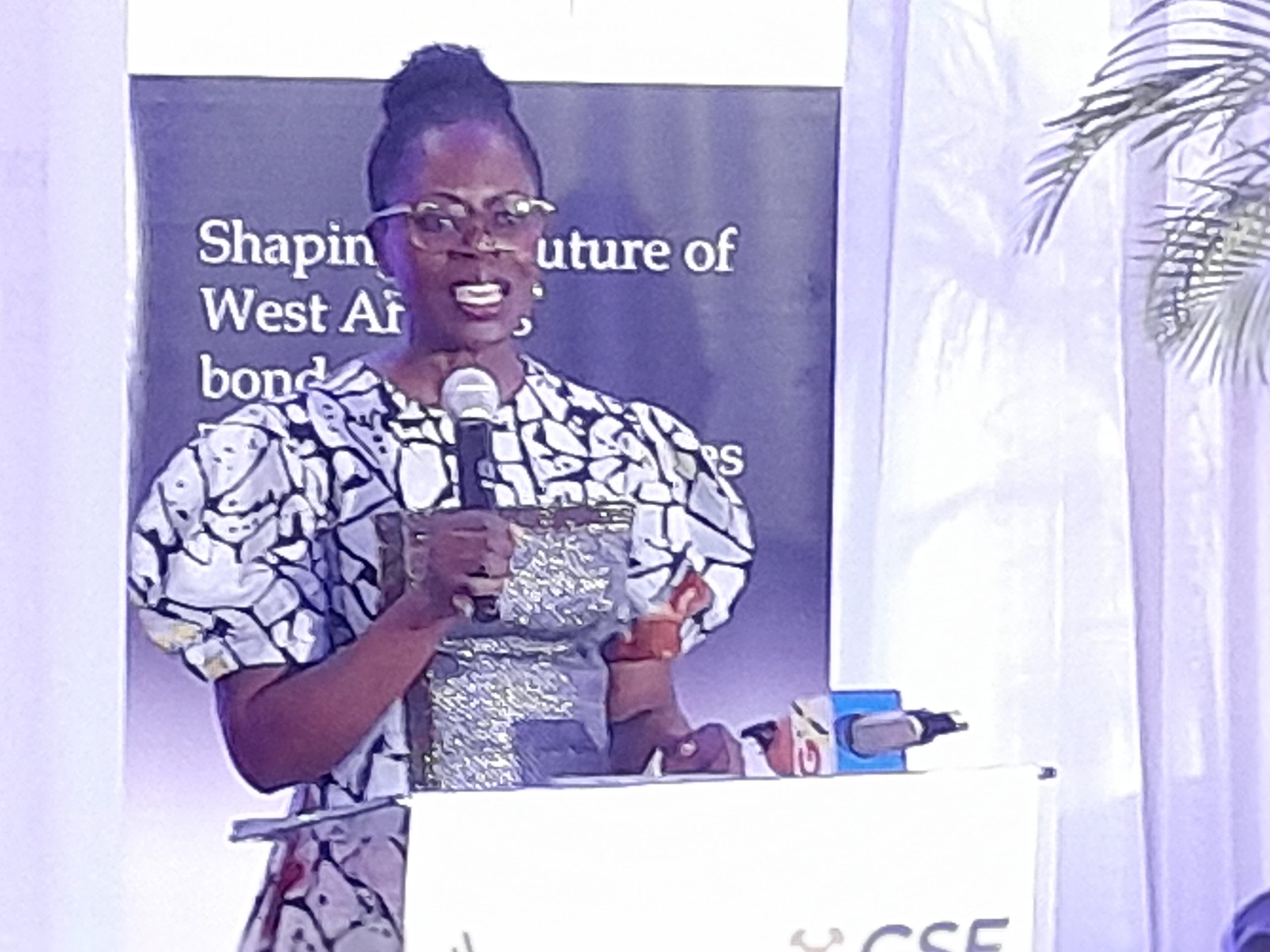
Accra, Ghana//-The Managing Director of Ghana Stock Exchange (GSE), Madam Abena Amoah, has called for a review of capital gains tax (CGT) on listed securities back to zero.
The move, according to her, is to attract more investors and deepen market liquidity. With these interventions, the capital market can truly become “the Market for Capital” — the engine that powers Ghana’s transformation.
She made the call an event to celebrate the 10th anniversary of the Ghana Fixed Income Market (GFIM) of the GSE in Accra.
How does CGT work
In Ghana, the CGT rate for individuals is 15% of the net gains realised, and for businesses, it is included in their annual returns and taxed at the corporate tax rate, generally 25%.
More demands
She also called for Cabinet approval for the listing of viable State-Owned Enterprises on GFIM and other GSE platforms to raise capital, and for improved corporate governance.
The promotion of bond-backed Public-Private Partnerships for infrastructure financing and issuance of municipal bonds, Madam Amoah added.
The GSE boss further demanded incentives for Multi-nationals to localise their ownership using the GSE.
Actions
Madam Amoah observed: “The Ghana Stock Exchange has been among Africa’s best-performing exchanges over the past two years. But to soar higher, we need the right support — from policymakers, regulators, and market participants”.
To the President represented by Seth Terkper, Economic Advisor to the President, she said: “ Mr President, cast your mind back to September 2009: your government, led by President Atta Mills, one of my all-time favourite teachers) launched the new Three (3)-Tier Pension Scheme, following the enactment of the National Pensions Act in December 2008”.
Mr President, those pension reforms have resulted in pension fund assets growing to over GHS100 billion today, desperately looking for investible assets. Whilst the Government and Businesses are looking for patient long-term capital. The Ghana Stock Exchange is ready to facilitate this connection”.
On his part, the Governor of the Bank of Ghana, Dr Johnson Asiama, noted that Ghana’s bond market now ranks among Africa’s most credible domestic platforms.
With turnover around GHS 214 billion this year alone, GFIM can anchor regional capital-market integration under the AfCFTA Financial Integration Framework, he said.
“Our goal is to make Ghana the reference point for transparency, innovation, and sustainability in African fixed-income markets, linking pension funds, banks, and sovereign issuers in a network of trust. Nigeria’s FMDQ partnership with Afreximbank and Morocco’s Casablanca Finance City initiatives show what is possible. Ghana now has a credible opportunity to lead, not follow”.


